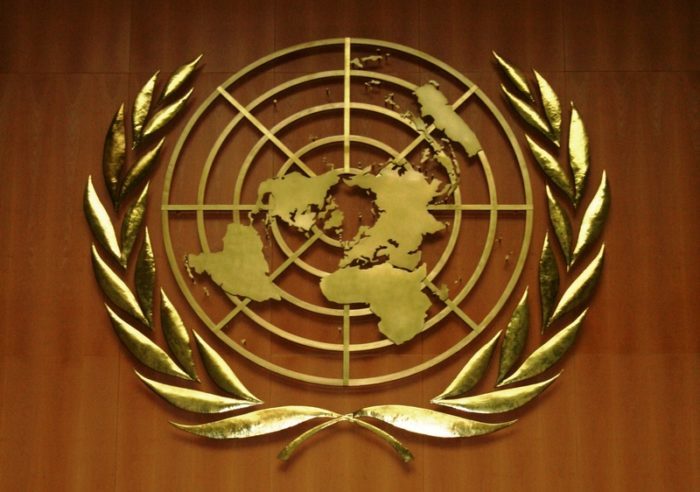
A United Nations conference, billed as final in a series to hammer-out a new global treaty to end plastic pollution, gave up the battle this morning after an all-nighter, without the conclusion required to complete a final treaty later this year.
Letdown at the two-week 184-nation negotiation is another signal of dangerous decay in international cooperation although it could benefit the earth’s entire ecosystem and especially people in poorer countries.
UN chief António Guterres had emphasized the urgent need for a strong, legally binding global treaty on plastics. “Plastic pollution is choking our planet — harming ecosystems, well-being and the climate,” he warned.
“Plastic waste clogs rivers, pollutes the ocean and endangers wildlife. And as it breaks down into smaller and smaller parts, it infiltrates every corner of Earth: from the top of Mount Everest to the depths of the ocean; from human brains to human breastmilk.”
Delegates couldn’t achieve what Guterres had urged. “We need an ambitious, credible and just agreement this year. One that covers the life cycle of plastic, through the perspective of circular economies; that responds to the needs of communities; that aligns with broader environmental goals, the sustainable development goals and beyond; and that is implemented fast and in full.”
Achieving so much turned out to be too much. The big issue became whether the treaty should impose caps on producing new plastic or be limited to better design, recycling and reuse.
Powerful oil- and gas-producing countries like the US, Saudi Arabia and Russia firmly opposed limits on production. They preferred a treaty focused on better waste management and reuse.
Their successful circling of wagons blocked progress on the key issues of the life cycle of plastic and the toxic chemicals used in production processes.
The facts that the world makes more than 400m tonnes of new plastic, which could increase by about 70% by 2040 without policy changes, fell by the wayside.
“The cost of damages from plastic pollution could rise as high as a cumulative $281 trillion between 2016 and 2040,” warned Jyoti Mathur-Filipp, head of the Intergovernmental Negotiating Committee on Plastic Pollution.
“In 2024 alone, humanity was projected to consume over 500 million tonnes of plastic. Of this, 399 million tonnes will become waste,” she said.
Plastic is often seen as a cheap material but scientists argue it is extraordinarily expensive. An estimate published by Lancet, the respected medical magazine, said health damage from just three plastic chemicals in 38 countries is $1.5 trillion per year.
But oil producing countries insisted focus on health issues was beyond the treaty’s scope, which was environmental pollution only.
More than 98% of plastics are made from fossil oil, gas and coal. The energy-intensive production process drives the climate crisis by releasing the equivalent of 2 billion tonnes of CO2 a year – worsening climate change.
More than 16,000 chemicals are used in plastics, including fillers, dyes, flame retardants and stabilizers. Many plastic chemicals are linked to health effects at all stages of human life but there is a lack of transparency about which chemicals are present in plastics.
Frustrated environmental activist Graham Forbes of Greenpeace, raged, “The plastics crisis is accelerating, and the petrochemical industry is determined to bury us for short-term profits.”
“The call from all of civil society is clear: we need a strong, legally binding treaty that cuts plastic production, protects human health, provides robust and equitable financing, and ends the plastic pollution from extraction to disposal. The future of our health and planet depends on it.”
The situation in India, celebrated for its rich biodiversity and ecological heritage, is a telling illustration for weaker countries that lack both waste management infrastructure and finance. It’s economic rise has made it a large contributor to plastic pollution, accounting for nearly 20 percent of the world total.
The Federation of Indian Chambers of Commerce & Industry (FICCI) estimates that uncollected plastic waste could cost India more than USD 133 billion in lost material value by 2030. Approximately USD 68 billion of this loss will stem from uncollected plastic packaging waste, which is difficult to recycle and often ends up as litter or in landfills.
Studies have also found that microplastics are now present in 83 percent of tap water samples across India and also enter agricultural soils posing a threat to food safety and soil health.
ID 18076994 | United Logo ©
Christin Millhill | Dreamstime.com
















